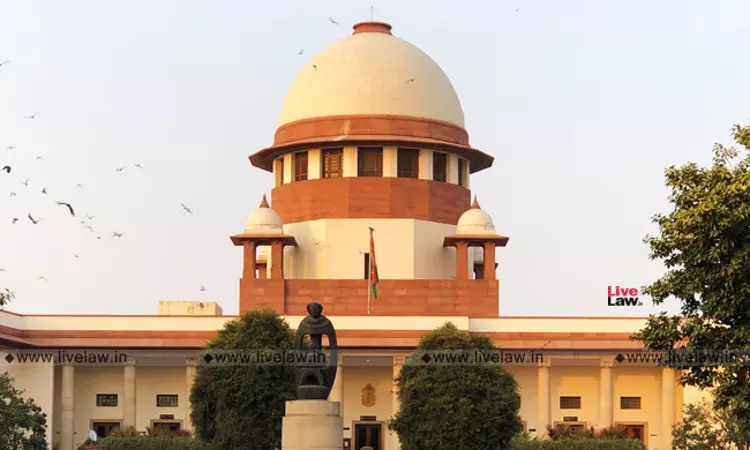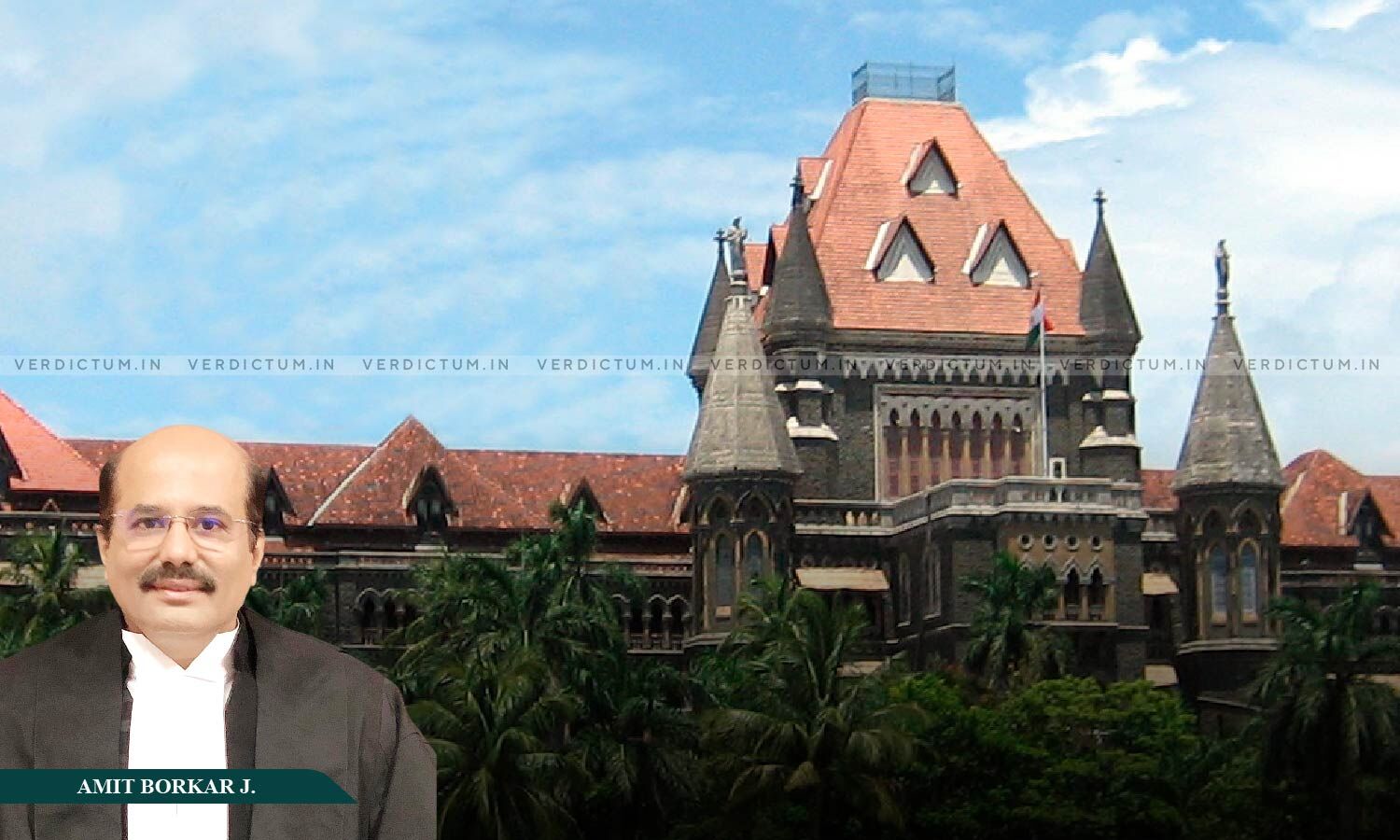Punjab & Haryana High Court Flags Surge In Petitions By Runaway Couple Due To Ignorance Of SOPs By State

The Punjab and Haryana High Court has raised serious concerns over the lack of awareness and implementation of Standard Operating Procedures (SOPs) issued by the governments of Punjab, Haryana, and the Union Territory of Chandigarh following its Judgment in Kajal v. State of Haryana.
The Court was hearing a protection plea filed by a runaway couple.
A Bench of Justice Rohit Kapoor observed, “It has come to the notice of this Court that the Standard Operating Procedures (SOPs) notified by the Government of Punjab, and the Union Territory of Chandigarh in pursuance to the compliance of the orders dated 14.06.2024 in CRWP No.12562 of 2023 in the case titled as the case titled as ‘Kajal versus State of versus State of Haryana and others’ have not been widely circulated and due to the ignorance of the same, this Court is flooded with litigation, without first waiting for the representations to be decided by the concerned authorities within the time periods stipulated under the said SOPs and without availing the alternate remedy of filing appeals against any order as provided under the said SOP’s.”
The Court observed that the Court continues to be inundated with similar petitions due to ignorance of these SOPs—both among the general public and the authorities designated to implement them.
According to Justice Kapoor, the SOPs formulated pursuant to the High Court’s directions in the Kajal case were meant to provide a structured and time-bound administrative remedy to individuals or couples facing threats to life and liberty—especially in the context of familial opposition to inter-caste or inter-faith relationships. These SOPs were intended to reduce the burden on the judiciary by creating an alternate dispute resolution framework at the administrative level.
Justice Kapoor also criticized the lax attitude of the officials tasked with implementing the SOPs, stating that the authorities themselves were either unaware of the guidelines or failed to comply with the procedures and timelines laid out in the letter and spirit of the directives.
All three legal representatives assured the Court that measures would be taken to publicize the SOPs effectively and enforce compliance by concerned authorities.
The Court further directed that copies of the SOPs should also be circulated among members of the Bar, enabling advocates to advise their clients appropriately and reduce premature filings before the High Court.
The Judgment in Kajal v. State of Haryana, passed by Justice Sandeep Moudgil, laid down a comprehensive framework for handling complaints from individuals or couples seeking protection from threats to their lives due to opposition from family or community. The judgment emphasized the need for a mechanism for swift administrative inquiry, especially in cases involving familial dissent over relationships.
Justice Moudgil had observed, “It is need of the hour that a mechanism needs to be framed by the States with the aim for expeditious inquiry consisting of facts finding and adjudication of the dispute at the administrative level which are primarily in the nature of dissent of elders in a family to the wishes and desire of younger ones due to multifacet reasons which need not to be gone at this stage by this Court.”
Cause Title: Kamalpreet Kaur & Anr. v. State of Punjab & Ors., [2025:PHHC:076002]
Appearance:
Petitioners: Advocates Rakesh Kumar Chauhan
Respondent: Advocates Ishan Kaushal, Praveen Bhadu, Abhinav Sood





